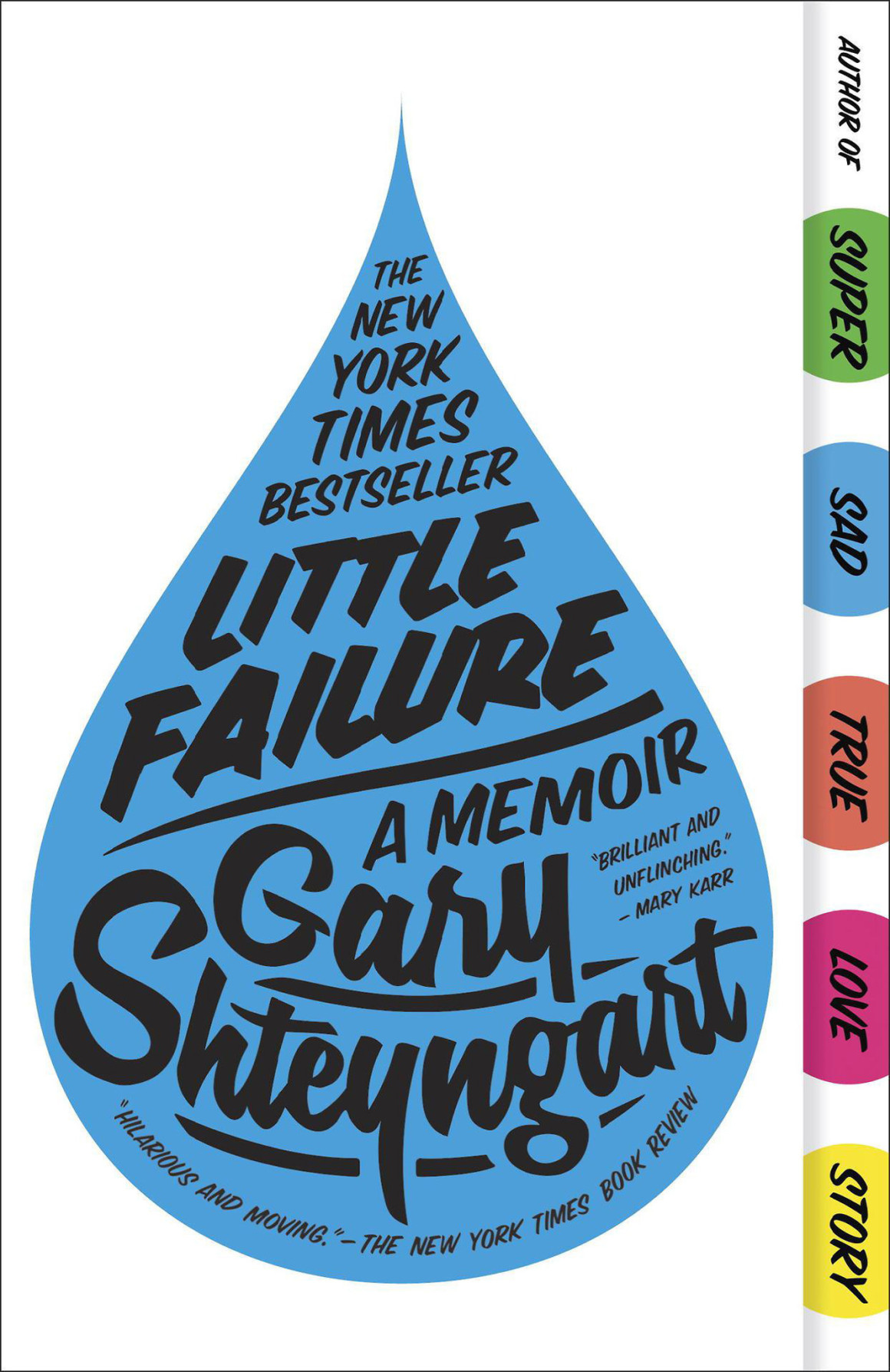
Little Failure turns into big success
By Liv Ingram, January 8 2015 —
Before Gary Shteyngart was topping bestseller lists and kissing James Franco in a pink bathrobe for book trailers, he was Igor Shteyngart, a sickly, asthmatic child of the former Soviet Union. His memoir, Little Failure, captures this awkward evolution.
Born in Leningrad as Igor, he adopted the Americanized ‘Gary’ when his family moved to Queens in 1979. The transition from East to West wasn’t easy for the anxious seven year old. Unable to speak English, and made to wear ill-fitting second-hand clothes donated from rich neighbours, Shteyngart was mocked by his Hebrew school classmates. Then writing changed his life.
After reading aloud from his sci-fi epic, The Chalenge (sic), Shteyngart became a hit with his schoolmates. Suddenly, he climbed the social ladder from the second most-hated boy in school to the “tolerated eccentric.”
But despite being called failurchka (little failure) by his mother for not becoming a doctor or a lawyer, Shteyngart’s life reads as a postmodern American Dream. Starting out as a sickly Soviet cosmonaut hopeful, Gary grows up to be an award-winning author, New York Times bestseller-list-darling and an Ivy League professor with a Manhattan address and a hilarious Twitter.
The memoir reveals how much the characters in his novels have in common with him. In Absurdistan, Misha has trouble with women and his Accidental College mirrors Shteyngart’s Oberlin. In Super Sad True Love Story, Lenny is an uncool, but dorkishly lovable outcast.
Upon rereading his three novels, Shteyngart says, “On so many occasions in my novels I have approached a certain truth only to turn away from it, only to point the finger and laugh at it and then scurry back to safety. In this book, I promised myself I would not point the finger. My laughter would be intermittent. There would be no safety.”
And there isn’t. Botched circumcisions. Panic attacks. Hammer wielding, convicted-for-assault ex-girlfriends. Shteyngart doesn’t leave anything out.
Despite making his name as a satirist, Shteyngart steers away from caricatures in favour of the painfully honest and introspective. The book feels overwhelmingly cathartic, ending with a return to Russia alongside his parents, where he learns difficult details of their lives, particularly about his elusive father.
With Shteyngart’s acerbic wit and keen attention to people’s idiosyncrasies, Little Failure is everything a memoir should be: introspective, funny and self-deprecatingly honest.
Far from a little failure, Shteyngart is a bourgeoning literary powerhouse and one of the funniest and most talented authors at work today.
“
